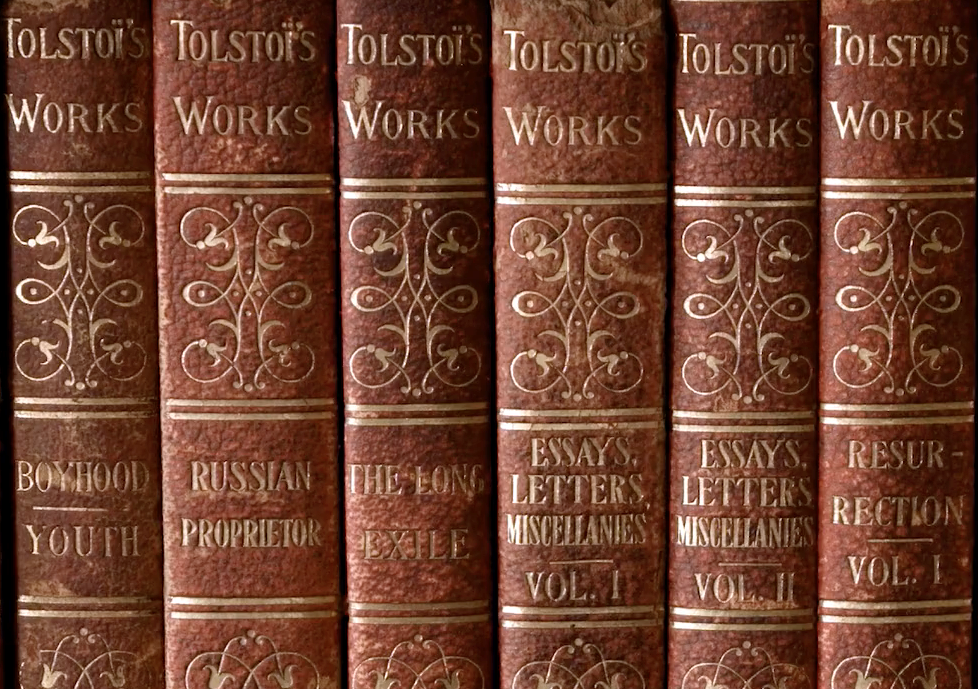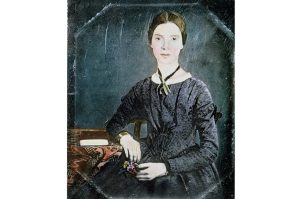Before Christmas, I called attention to Louis Menand’s review of two books on Great Books: Roosevelt Montás’s Rescuing Socrates: How the Great Books Changed My Life and Why They Matter for a New Generation and Arnold Weinstein’s The Lives of Literature: Reading, Teaching, Knowing. Menand didn’t like either. Both authors argued that reading great works of literature necessarily improves us. Menand disagreed.
Now Brian Rosenberg, the president emeritus of Macalester College, has weighed in at The Chronicle. He argues that the difference between Menand and Montás “is about the purpose of reading and studying literature, and by extension about the purpose of the humanities in the academy. Montás’s view points to a future in which the academic study of subjects like literature, philosophy, and classics has a place in the modern university; Menand’s carries us further along the path to oblivion upon which those disciplines seem already to have started.”
I am not sure how Rosenberg got from Menand’s calling Montás’s claims for the power of literature too big (not completely wrong, mind you, but out of proportion) to Menand calling for the end of the study of literature at the university. Surely one can set realistic expectations regarding what literature might and might not do and still study them at school.
Rosenberg continues: “Whether reading literature cultivates empathy has been a subject of much study and debate over many centuries, but this much seems incontrovertible: Such reading enables us to see things of meaning and importance that we miss in the world around us and for a time to experience that world from a perspective other than our own.”
I’d say reading “can enable us to see things of meaning and importance” but, again, it does not necessarily do so. Over at Public Discourse, William Gonch explains his approach to ancient texts: “I had to find analogies to students’ own lives and show how those texts speak to their concerns. I had to help students see the Iliad as an irreplaceable resource and a guide.” One can do this, of course, without necessarily claiming that students will learn from the Iliad or that the text will change their lives.
This is, I take it, Menand’s point in part, and I think he is on to something, even if he goes too far in the other direction.
In other news
Jason Guriel writes in praise of VHS tapes and against streaming:
There’s great pleasure in repetition and ritual. My family came to know a lot of dialogue by heart. We anticipated the lines we cherished collectively, even if the teleplays weren’t exactly “Birches.” It never occurred to us to scrutinize the credits and look up the writers of these lines we’d internalized. Where would we have even started? There was not yet a search bar to feed names to. The critic Camille Paglia once likened the creative team behind a beloved M&Ms commercial to “folk artists, anonymous as the artisans of medieval cathedrals.” The shows and movies my family adored were of similarly mysterious provenance. No algorithm had placed them before us; they described a specific constellation that we had strewn across the sky, and that only we could see. A bespoke set of stars.
Caleb Crain revisits Stanisław Lem’s “hardboiled” science fiction:
Lem was born in 1921, to a Jewish family in Lwów. Like many Jews of his generation who remained in Poland after the Second World War, he rarely discussed his Jewish identity in private and almost never in public. He omitted it from Highcastle (1965), a memoir of his childhood. Perhaps the only time he referred to it in print was in an essay published in this magazine, in 1984, and, even there, he downplayed its importance in his life. But two recent books by Polish authors make clear how much Lem’s wartime experience weighed on him.
This year marks the fiftieth anniversary of the publication of Gene Wolfe’s The Fifth Head of Cerberus. I recommend it in The Spectator.
“Goli Sheikholeslami, the head of New York Public Radio, will become Politico’s new chief executive, Axel Springer announced on Monday.” Katie Robertson reports.
An Italian man accused of stealing unpublished book manuscripts has been arrested by the FBI: “Ethan Hawke and Margaret Atwood are among the authors targeted in the long-running phishing scheme.”
A new history of the not-so-dark Dark Ages:
Misconceptions and bugbears are addressed with gusto, such as the 16th-century scholar Giorgio Vasari, blamed for coining the term gothic as “a negative description of medieval art”, or Charles Homer Haskins, whose concept of the “12th-century renaissance”, which is almost 100 years old, is misleading and casts women as well as “non-Christians and non-white people in the shadows”. Edward Gibbon is upbraided for longing for “a purer Italy” while gazing at Rome’s ruins “as a dilettante traveller” and thus coming up with the classic “ages-old idea” of the collapse of the Roman empire. In fact, the authors argue provocatively, “Rome did not fall.”
Joelle Taylor wins T. S. Eliot Poetry Prize for C+nto & Othered Poems. It’s a terrible choice, Francesca Peacock writes: “The poems are prefaced by seven pages of preface and glossary that explains what the book is, what the poems are, and what the words mean. One wonders if we might turn the page to find a guide to the alphabet . . . Keats’ delight in the unknown possibilities of ‘negative capability’ has been replaced with certainties, definitions, and political talking-points.”


















